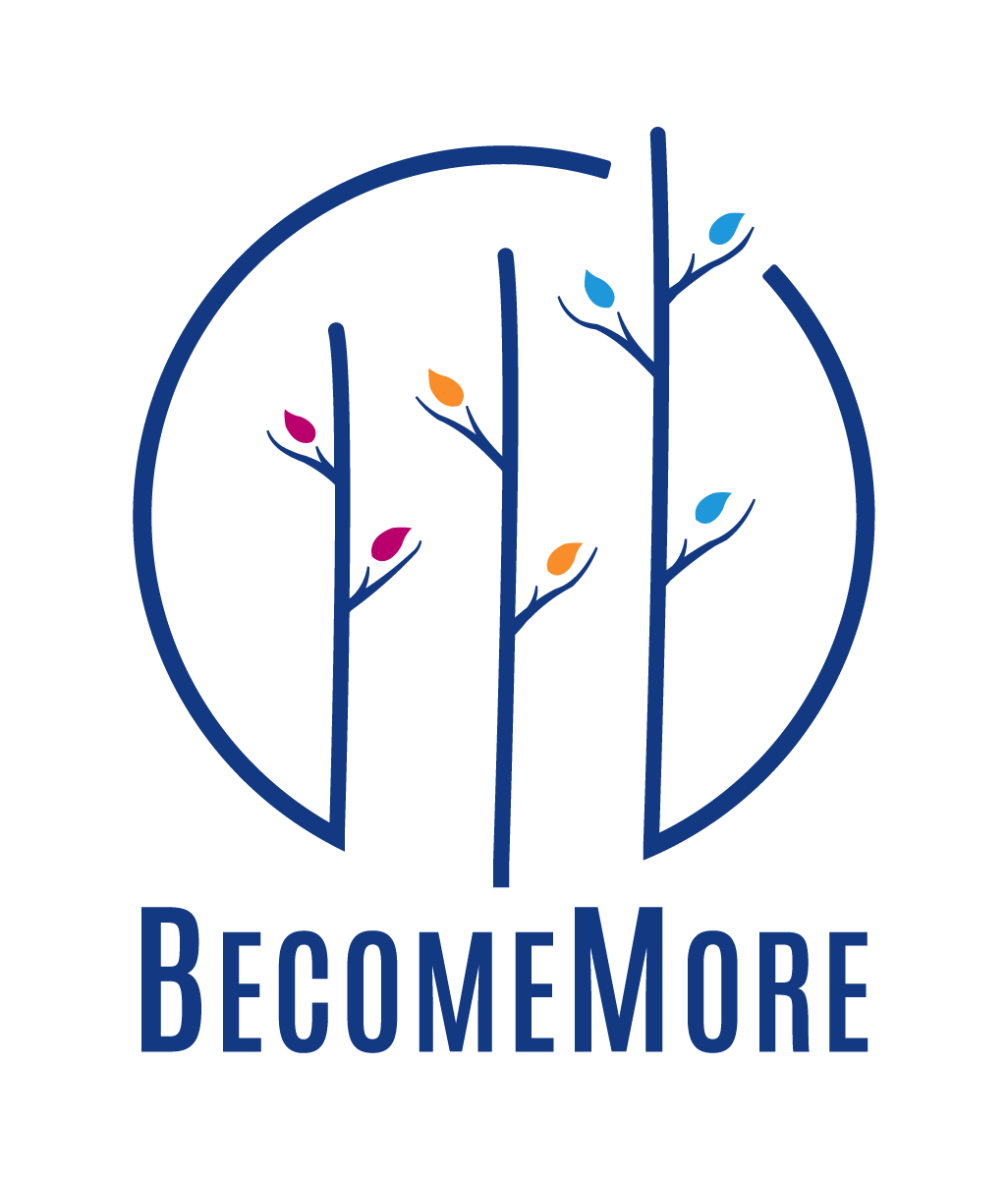
Leadership often conjures images of authority, decision-making, and direction. But in my experience with Extreme Facilitation, I’ve come to realize that truly impactful leadership is not about having all the answers—it's about creating the conditions where others can find the best solutions. Facilitation is more than a skill; it’s a leadership philosophy that transforms teams and organizations.
Here’s how adopting facilitation as a leadership philosophy creates meaningful impact:
- Empowering Others to Lead
Great facilitation is about enabling others to contribute their ideas, insights, and energy. By guiding discussions, asking the right questions, and giving space for every voice, you foster an environment where team members feel valued and empowered. This empowerment doesn’t just lead to better solutions—it builds confidence and ownership across your team.
In practice, I’ve seen how asking the right question at the right time can shift a stagnant conversation into a breakthrough moment. Leaders don’t need to have all the answers, but they must create the space for the answers to emerge.
- Driving Engagement Through Shared Ownership
When leaders act as facilitators, they shift the dynamic from top-down direction to shared ownership. People are more engaged and committed to decisions they’ve had a hand in shaping. Facilitation encourages collaboration, creating stronger alignment and buy-in across teams.
I’ve watched teams move from resistance to enthusiasm simply because their perspectives were heard and considered. When people feel their input matters, their investment in the outcome grows exponentially.
- Developing Leadership at All Levels
Perhaps the greatest gift of facilitation as a leadership philosophy is how it cultivates leaders throughout an organization. When you model facilitative leadership, you teach others how to listen, collaborate, and guide effectively. This creates a ripple effect, multiplying leadership capacity at every level of your team or organization.
Adopting facilitation as a leadership philosophy is not about stepping back—it’s about stepping up to create the environment where people and ideas thrive. Facilitative leaders drive engagement, foster innovation, and build cultures of collaboration and ownership.
Extreme Facilitation has taught me that leadership isn’t about control; it’s about connection. It’s about creating clarity and empowering others to take action. It’s a philosophy that transforms not just teams, but entire organizations. And in today’s world, that’s the kind of leadership we need most.
How are you facilitating growth, clarity, and collaboration in your leadership journey? Share your thoughts—I’d love to hear them!
Note: The ideas for this blog were supported by a conversation with OpenAI's ChatGPT.

